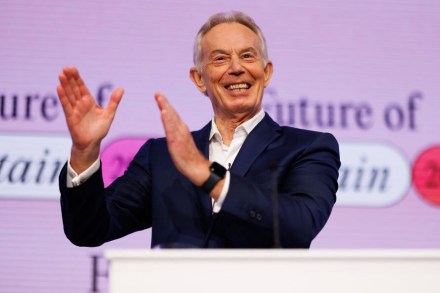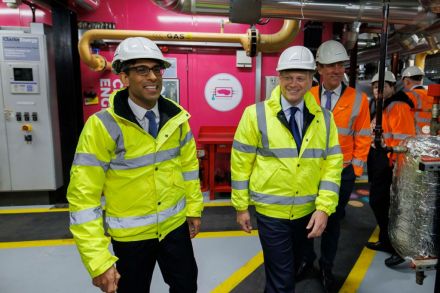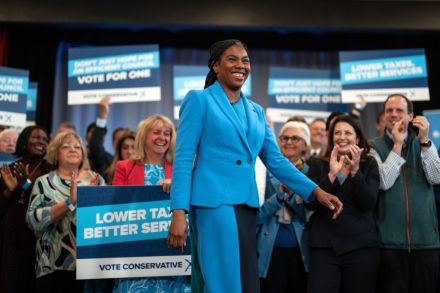What is Tony Blair up to?
15 min listen
Tony Blair is making waves in Westminster today after his institute published a report on net zero that appears to undermine Ed Miliband and Labour’s green agenda. In his foreword – while not directly critical of the UK government – he encouraged governments around the world to reconsider the cost of net zero. Many have compared Blair’s comments to those made by Kemi Badenoch several weeks ago and questioned the timing – just 48 hours before the local elections. What is Blair up to? Should Labour listen to Tony? Also on the podcast, with the local elections tomorrow, we take one final look at the polling. With Labour expecting big



















